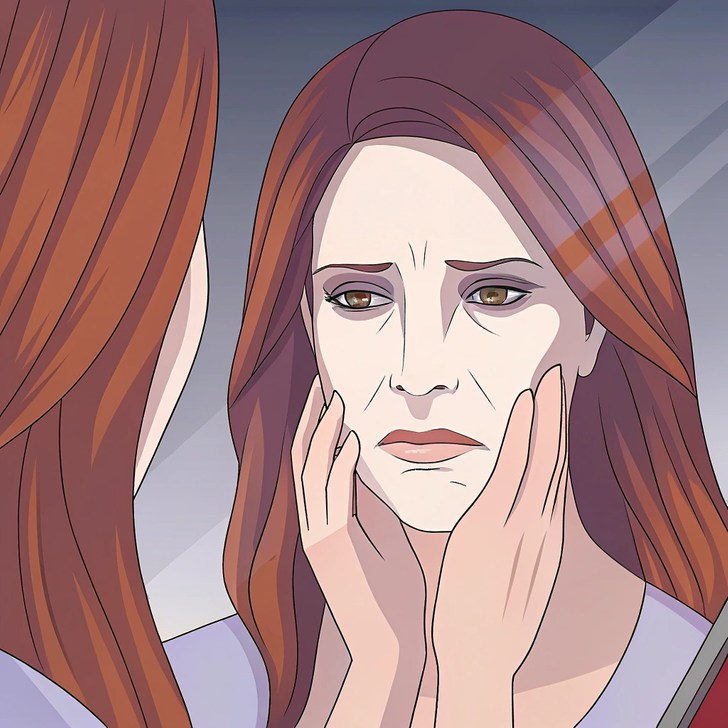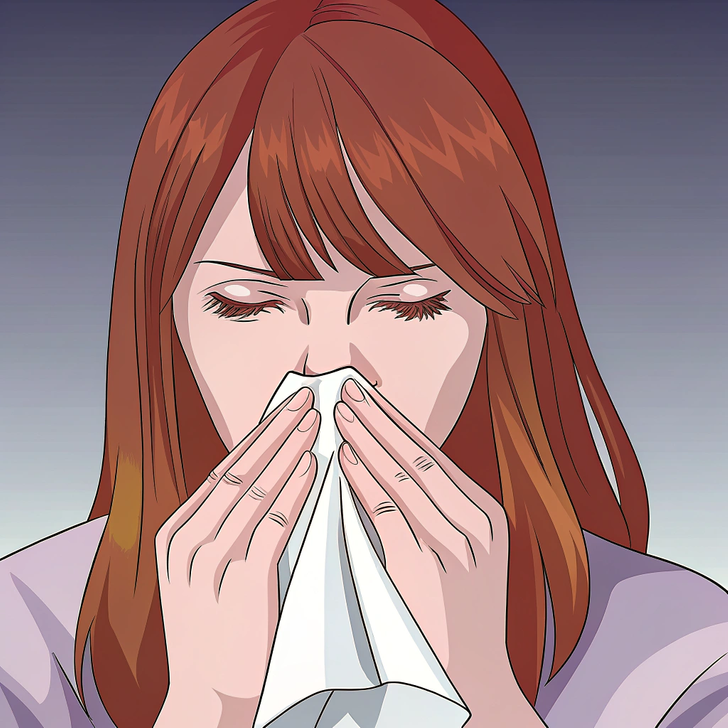Spot 17 Movie Mistakes Only the Most Observant Cinephiles Caught


Menopause brings a host of changes that can be unexpected, from skin changes to heightened sensitivities. While some symptoms are well-known, others often go unnoticed. In this article, we explore nine unusual things that can happen during menopause and offer tips on how to manage them.
CONTENT IS PROVIDED FOR INFORMATIONAL PURPOSES ONLY AND IS NOT INTENDED AS A SUBSTITUTE OF MEDICAL ADVICE.
SEEK GUIDANCE OF YOUR DOCTOR REGARDING YOUR HEALTH AND MEDICAL CONDITIONS.

Out of nowhere, you might find yourself becoming hypersensitive to smells. Certain scents may become overwhelmingly strong or even nauseating. This phenomenon is more common than you might think, but it is often overlooked as a symptom of menopause.
What you can do about it:

The decrease in collagen production can also affect the skin’s firmness and elasticity, leading to sagging, wrinkles, and uneven skin tone. This can affect a woman’s overall appearance and confidence.
What you can do about it:

Some women report feeling a burning sensation as well as tingling, scalding, and numbness in their mouths. This condition can occur during menopause due to hormonal changes affecting taste buds.
What you can do about it:

As estrogen levels decline, the lining of the urinary tract can thin, which may make you more susceptible to urinary tract infections. This can lead to frequent, painful urges to urinate, or even discomfort during sex.
What you can do about it:

You might experience new or more intense allergic reactions, such as skin rashes, food sensitivities, or respiratory issues. It’s believed that fluctuating hormone levels can make the immune system more reactive, leading to these new sensitivities.
What you can do about it:

Hair thinning or changes in hair texture can be an unexpected and unwelcome symptom of menopause. As estrogen levels fall, some women experience thinning hair or even more brittle, dry hair.
What you can do about it:

For many women going through menopause, itchy, dry skin can feel like a cruel joke. As hormone levels drop, the body produces less collagen, which keeps skin supple and moist. This can lead to uncomfortable dryness and irritation.
What you can do about it:

Many women going through menopause experience what’s commonly referred to as "brain fog"—a term that encompasses problems with memory, concentration, and focus. While this symptom is often attributed to hormonal fluctuations, it can be frustrating, especially if you’re used to having a sharp memory.
What you can do about it:

Some women may notice irregular heartbeats or palpitations during menopause. This can feel like a fluttering or pounding sensation in the chest. Hormonal fluctuations, stress, and anxiety are commonly believed to contribute to this symptom.
What you can do about it:











